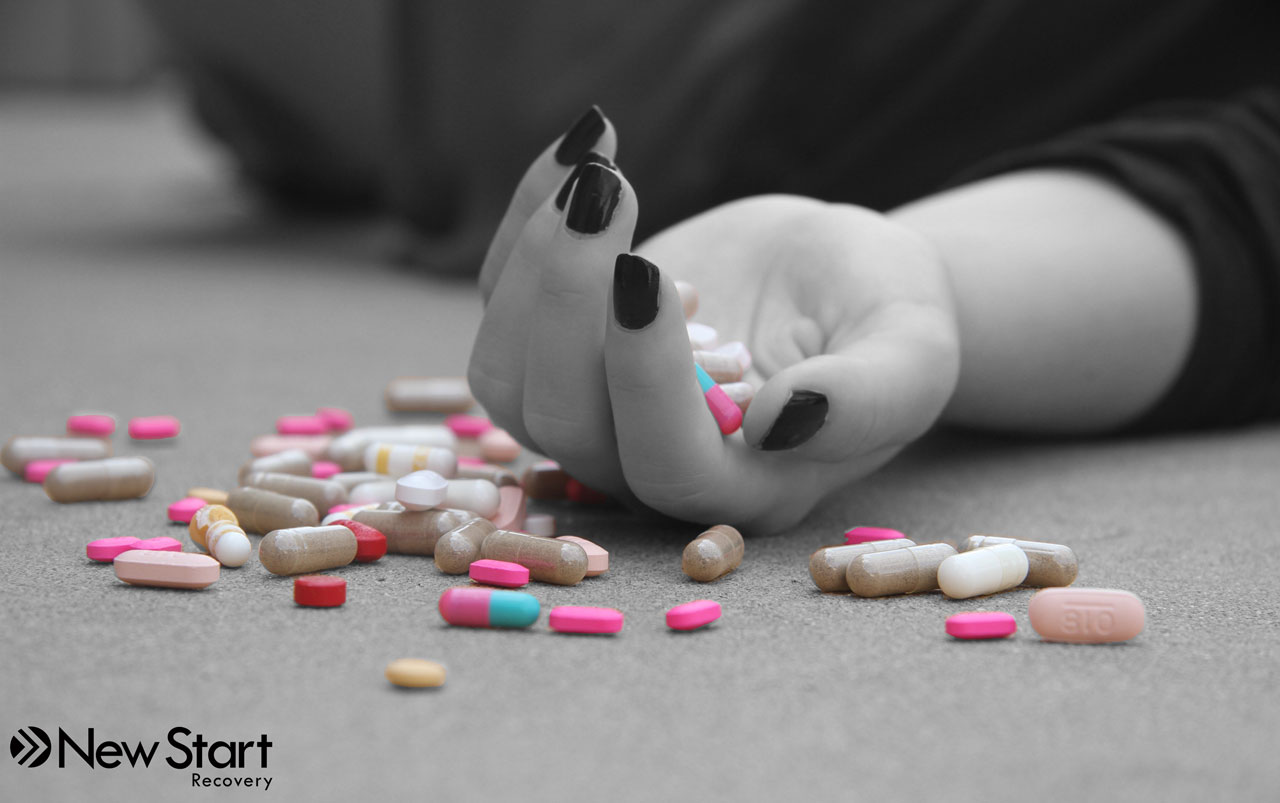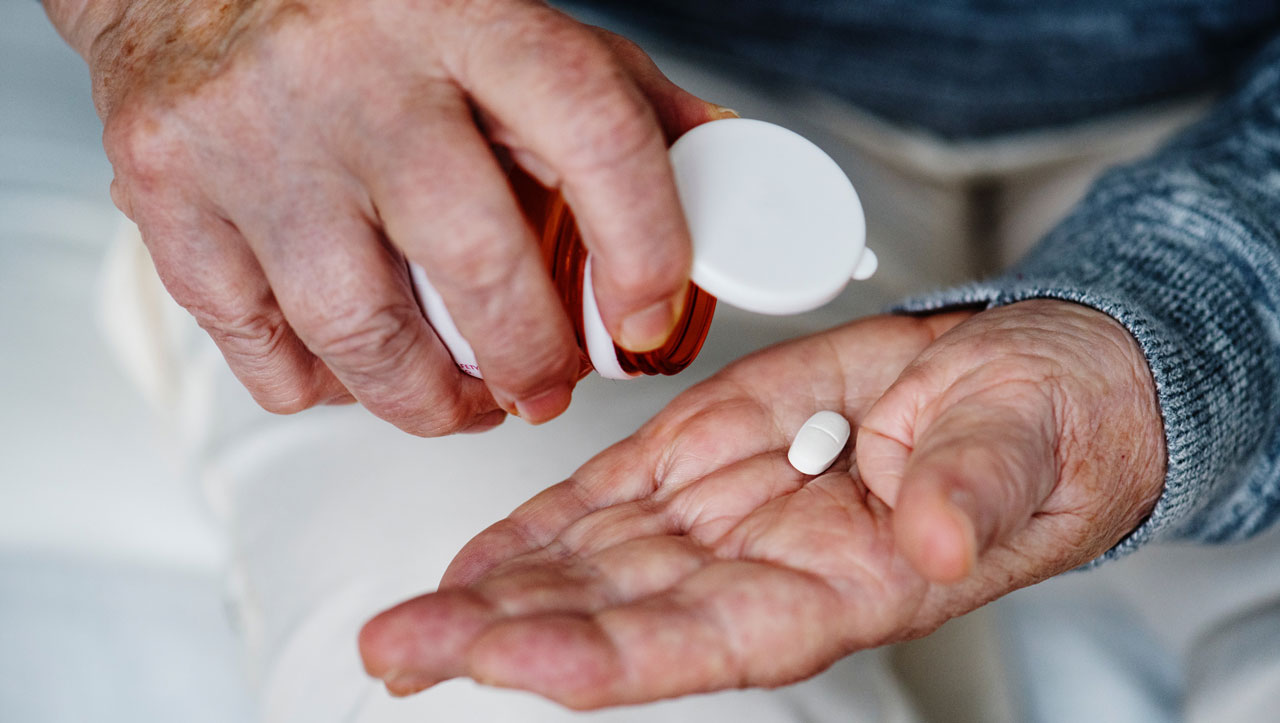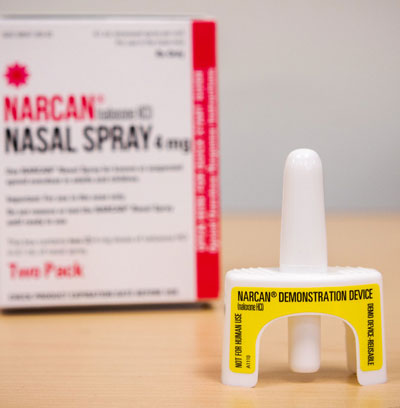If we could wave a magic wand and reverse the opioid crisis, it would have happened already. It’s long been at a point where saying, “We’re working on it” isn’t good enough. People are dying.
That’s how we come to see the onset of things like Narcan parties. As part of the fight against the opioid crisis, efforts are pouring into death reduction.

Access, Addiction, Death
Addiction is a toxic and ugly disease. It wreaks havoc on both the addict and their loved ones without any mercy. While it’s easy for people to visualize the precipitated connection between meth use and addiction or cocaine and addiction, opiates typically seem a bit more inconspicuous.
Replace “opiate” with “painkiller” and you should have an easier time understanding access to the drug. After all, the likelihood that you have (or had) one of those innocuous orange bottles in your medicine cabinet is pretty high.
Opiates bind to the opioid receptors in your brain to expedite pleasure and block pain, hence the nickname “painkiller.” Extended abuse can lead to dependence, as your brain is no longer able to naturally launch those pleasure signals in the same way without the drug. Needless to say, dependence leads to addiction.
What likely started out as a banal prescription to manage pain after a medical procedure is now a full-blown addiction.

Now, think about that little orange bottle again. Think about how many you’ve had in your medicine cabinet. While you’re at it, think about how many of your neighbors, friends, family members, and coworkers might have one in their medicine cabinets. Is it getting easier to visualize the potential for addiction?
Attention:
Heroin is also an opiate. Learn more about how prescription painkiller dependence can turn into a heroin addiction.
Almost 400,000 people died from an opioid overdose between 1999 and 2017. More than 70,000 people died from an overdose that involved an opioid in 2017 alone.
It’s no wonder these kinds of numbers would launch efforts like Narcan parties.
What Are Narcan Parties?
 Narcan is a nasal spray made of naloxone hydrochloride, which is an opioid antagonist. It reverses the effects of opioids.
Narcan is a nasal spray made of naloxone hydrochloride, which is an opioid antagonist. It reverses the effects of opioids.
Narcan can be purchased over the counter. This is great news in regards to combating the opioid overdose death toll. However, most drug abusers don’t expect to overdose — despite the risk and potential. It’s much easier to objectively view the potential for overdose without the black cloud of addiction gripping your mind and body. That’s where Narcan parties come in.
Earlier this month, more than 50 volunteers gathered together to pack what they called “overdose kits” in High Point, North Carolina. The volunteers received training on how to properly use Narcan. They then packed more than 1,000 kits with the drug to be distributed throughout the Guilford County. They called the event a “Narcan packing party.”
Caution: Narcan is Not All that it Seems
Initial reaction: Narcan is a saving grace. But tread lightly. Yes, Narcan saves lives. But it does not treat addiction.
In many cases, an addict can overdose, be revived with Narcan, get taken to the hospital for further treatment, not be given any attention for addiction, and then end up back on the streets (in the same day) ready to use again. Essentially, the overdose reversal might actually prolong addiction.
And just as Narcan sprouted up as a positive combat agent against overdose deaths, negative events spiral from Narcan.
Unlike the aspirational Narcan parties mentioned above, a different kind of Narcan party has reared its face. Media outlets have reported on Narcan parties (or “Lazarus parties,” as they were called) in which addicts will use together under loose supervision of a designated sober “babysitter” armed with Narcan should anyone overdose.
The idea that there is an over-the-counter treatment out there that can instantly reverse overdose and save lives is amazing. The idea that drug users are using that knowledge to dangerously push boundaries is not. Nor does it help the stigma surrounding addicts.
Death Reduction vs. Addiction Treatment
Never say never, but it is very, VERY unlikely that there will ever be a magic wand solution to addiction or the opioid crisis. So, preventative life-saving options like Narcan are necessary and (cautiously) very beneficial. As are those willing to participate in Narcan parties and other harm reduction — or, in this case, death reduction — efforts.
And while we lay rest to the idea of a be-all end-all fairy godmother charm, the focus needs to be put on addiction treatment. Narcan can save an addict’s life, but those life-saving efforts will be rendered futile if they aren’t carried through to the next steps (i.e. a detox program).
If you or someone you know is struggling with substance abuse, our addiction specialists are available 24/7 to help: 855-737-7363

